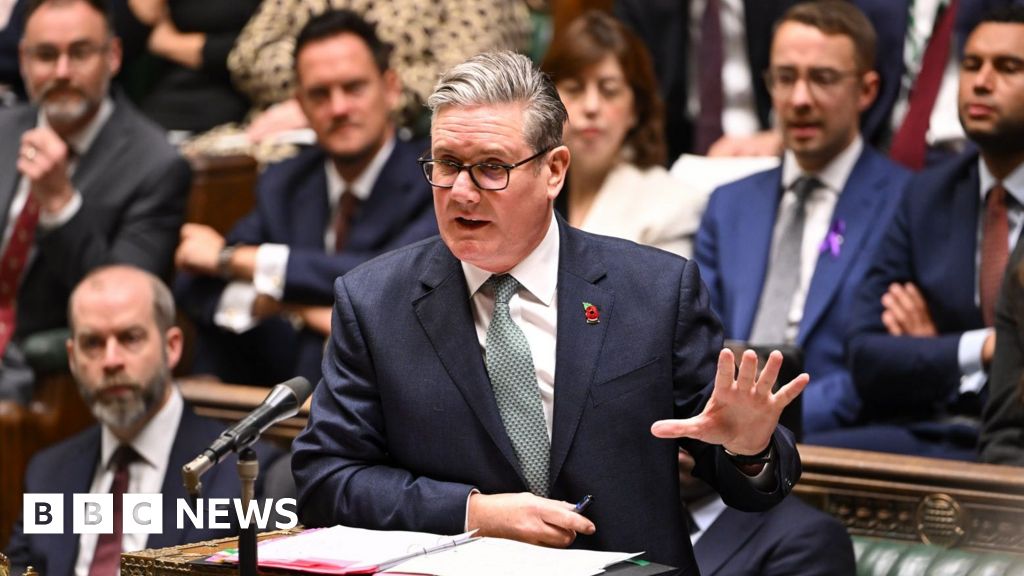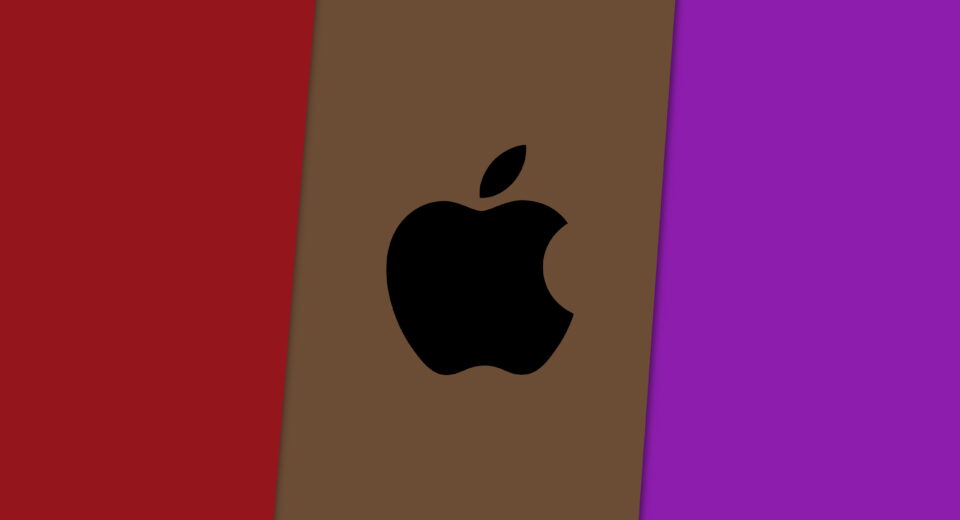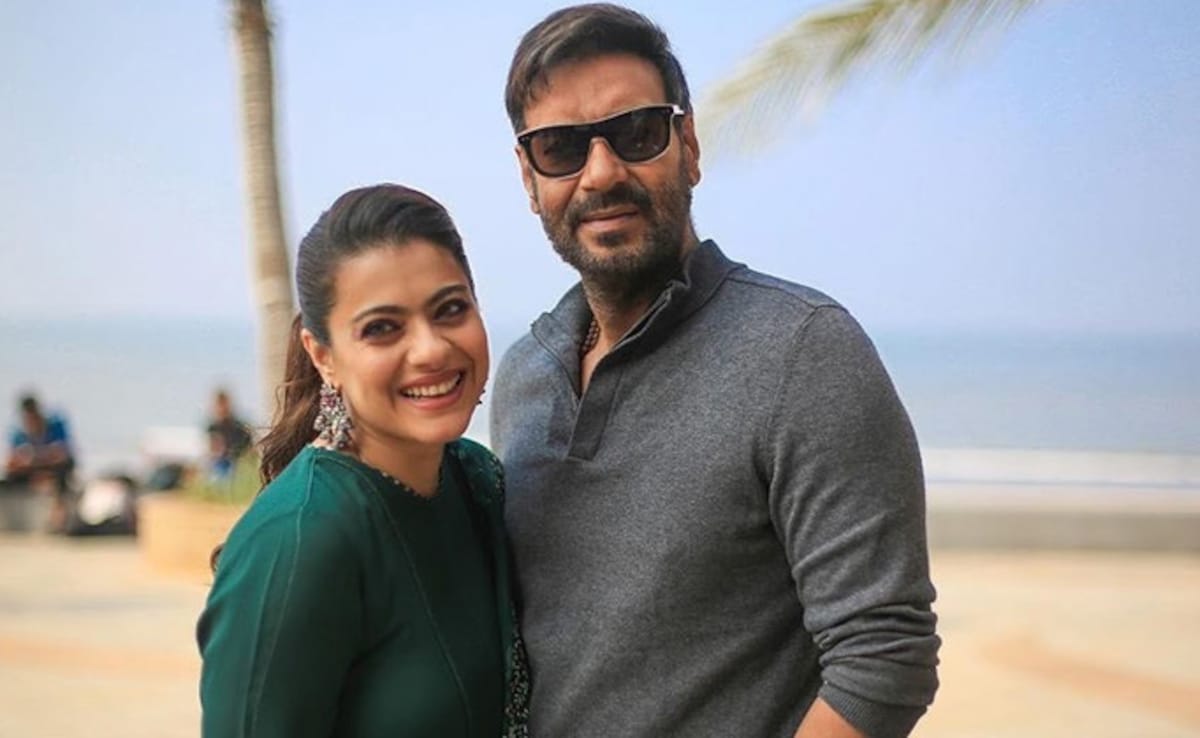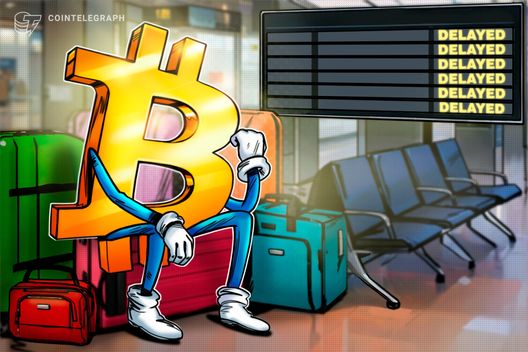Trump vs the BBC: What hurdles might the president's legal argument face?

Trump v the BBC: What are the hurdles for president's legal argument?
Kayla Epstein and Madeline Halpert,in New York
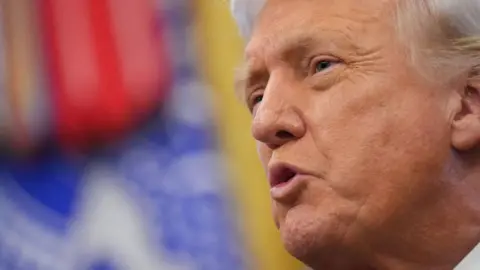 PA
PAPresident Donald Trump has threatened to sue the BBC for damages up to $1bn (£759m), claiming the organisation made "false, defamatory, disparaging and inflammatory statements" about him in a documentary.
In a letter to the BBC, Trump's legal team demanded three things - to issue a "full and fair retraction" of the documentary, an apology and that the BBC "appropriately compensate President Trump for the harm caused".
A leaked memo, written by a former independent external adviser to the broadcaster's editorial standards committee, suggested the Panorama programme had edited parts of a Trump speech together so he appeared to explicitly encourage the Capitol Hill riot of January 2021.
The one-hour programme was broadcast in the UK just before the 2024 presidential election.
So how strong is Trump's case?
The BBC chairman, Samir Shah, said he would like to apologise for the documentary, saying the news outlet had made "an error of judgement" because the edits gave the impression of a "direct call to action" by Trump.
The outgoing director general of the BBC, Tim Davie, who resigned amid the criticism, said: "I think we did make a mistake, and there was an editorial breach."
But experts on US media and defamation law say the president faces significant obstacles to winning such enormous damages from a lawsuit against the BBC, partly due to strong US press freedom laws.
The controversy began last week, after the Telegraph published the leaked memo that criticised the documentary and the way it edited Trump's speech.
Trump actually said: "We're going to walk down to the Capitol, and we're going to cheer on our brave senators and congressmen and women."
However, in the Panorama edit, he was shown saying: "We're going to walk down to the Capitol... and I'll be there with you. And we fight. We fight like hell."
His address on the Ellipse was delivered as Congress was set to certify the 2020 election results for the winner, Joe Biden. Minutes after he concluded his speech, a large crowd of his supporters breached the US Capitol.
Days later, the US House of Representatives voted to impeach the president on a count of "incitement of insurrection" and the Senate later acquitted him. Trump has said his speech was "perfect".
The White House responded to the Telegraph story, its press secretary calling the BBC "total, 100% fake news".
After Davie and the CEO of the BBC's news division quit, the threat of legal action followed. Trump's lawyer said in his letter to the BBC that in the documentary, the corporation had "intentionally sought to completely mislead its viewers" by splicing together three separate clips of the speech.
It added that the BBC had caused the president "overwhelming financial and reputational harm".
Trump, in an interview with Laura Ingraham on Fox News, later said he had an "obligation" to sue and described the documentary edits as "very dishonest".
The US Constitution's First Amendment gives significant protection to freedom of speech and freedom of the press.
The landmark 1964 US Supreme Court decision New York Times v Sullivan established that public figures suing for defamation must prove "actual malice" meaning "the statement was made with knowledge of its falsity or with reckless disregard of whether it was true or false".
Trump would need to prove three major components - that the content published was factually false in a way that was defamatory; that he suffered harm due to the false and defamatory coverage; and that the media organisation knew it was false and acted with "actual malice".
"All of them create some difficulties for a plaintiff, I would think," George Freeman, the Executive Director of the Media Law Resource Center in New York told BBC Radio 4.
But not everyone agreed.
Burt Neuborne, a professor emeritus at New York University School of Law, said Trump had a case against the BBC because the edits of Trump's remarks were misleading. He said the error did not amount to "innocent splicing".
"The actual malice here is the knowing dissemination of something that was purported to be verbatim, but which is not," said Mr Neuborne, the former national legal director of the American Civil Liberties Union. Whether a jury would actually award Trump significant damages for such a mistake is less likely, he added.
Trump has signalled an intention to bring any eventual litigation in the US state of Florida, rather than the United Kingdom.
The statute of limitations - or a deadline to file a lawsuit - on defamation in the UK is one year, which has already elapsed for Trump because the documentary aired in October 2024. Florida, on the other hand, has a two-year limit.
While Florida law gives him more time, bringing a defamation case in the United States will mean Trump faces a tougher legal standard.
If Trump were to sue in Florida, he would also need to establish the BBC Panorama documentary was available there. There is no evidence so far to suggest that it has been shown in the US.
The BBC's best chance to dismiss any future legal case would be to argue that the state is not the appropriate jurisdiction because there wasn't a "sufficient exposure of the information in Florida", Mr Neuborne said.
Trump's letter to the BBC concludes that if the BBC does not comply with their demands by 14 November, "President Trump will be left with no alternative but to enforce his legal and equitable rights, all of which are expressly reserved and are not waived, including by filing legal action for no less than $1,000,000,000 (One Billion Dollars) in damages."
But to be awarded a billion dollars in a defamation lawsuit in Florida, a plaintiff like the president would have to prove he actually suffered that much in losses, said Professor Lyrissa Lidskey of the University of Florida Levin College of Law.
"Given that he won the presidency after this and has continued to make money in his businesses, it seems implausible that he's going to be able to prove a billion dollars worth of damages," she said.
Trump has sued several US news organisations for large sums of money, and in a few instances secured large settlements.
In 2025, Paramount, the parent company of CBS News, agreed to pay Trump $16m, after he sued over a 60 Minutes interview with then-presidential candidate Kamala Harris. Trump claimed the video was edited to better portray Harris - whom he was running against at the time.
ABC News also paid Trump $15m after one of its anchors, George Stephanopoulos, falsely claimed in an interview that Trump had been found liable for rape. The president was found liable for sexual abuse and defamation of writer E Jean Carroll in 2023.
He filed a suit against the New York Times for $15bn over critical comments reporters made against him during his 2024 presidential campaign. A federal judge dismissed the case in September because it was submitted with an "improper and impermissible" form, but allowed Trump to refile a shorter complaint.
Trump's many lawsuits against media organisations have cost him little, while they can prove expensive for news outlets, said Seth Stern, the advocacy director for the Freedom of the Press Foundation.
"He doesn't care if he wins or not. The point is to intimidate and punish those he views as critical to him," Mr Stern said.
What's Your Reaction?
 Like
0
Like
0
 Dislike
0
Dislike
0
 Love
0
Love
0
 Funny
0
Funny
0
 Angry
0
Angry
0
 Sad
0
Sad
0
 Wow
0
Wow
0
